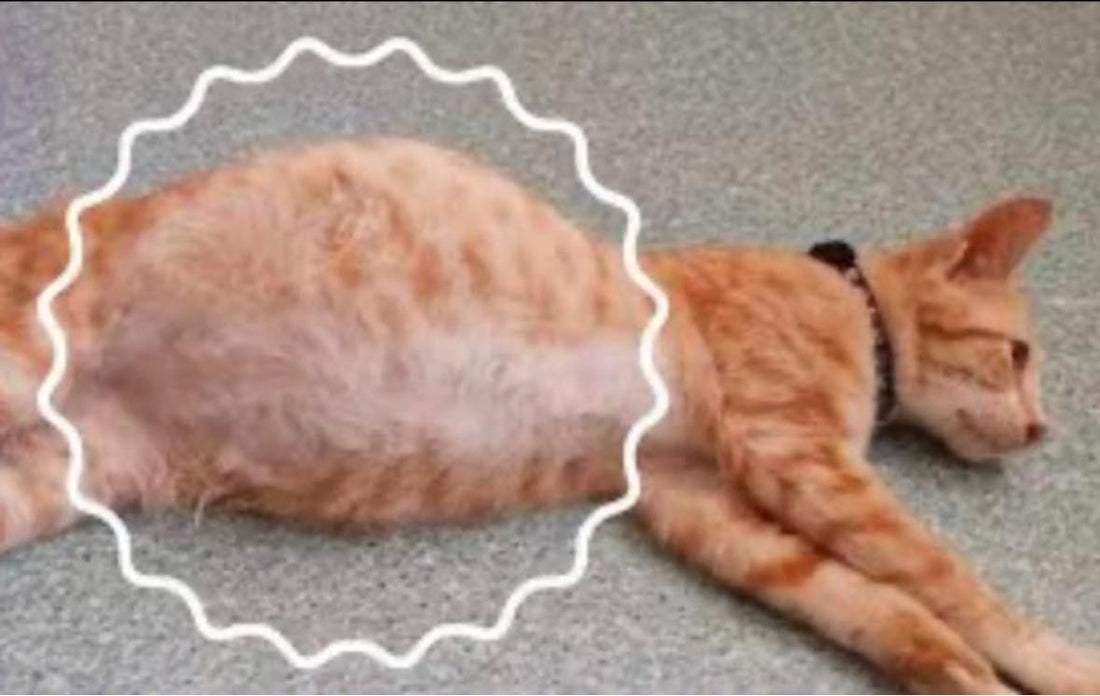FIP (feline infectious peritonitis) is a viral disease of cats worldwide. It is complex to diagnose and this used to be a fatal disease but antivirals are now effective in curing FIP.
FIP is caused by coronaviruses that commonly infect the nose, throat or gastrointestinal tract. This is a virus different from Covid-19. Coronaviruses are common and found in faeces of any cats and usually causes diarrhea that resolves without treatment. Occasionally virus mutates and immune system reacts in a certain way hence causing FIP. Finding coronavirus in a cat does not mean it has FIP.
Early signs of FIP include having an intermittent fever, lethargy and inappetance. Cats can have “wet” (effusive) or “dry’ forms, both forms at different times or a mixture of both forms. Diagnosis of FIP is difficult as clinical signs are vague, non-specific and can be seen with other diseases.
“Wet” FIP is a result of vasculitis (damage and inflammation of blood vessels) resulting in fluid leaking from blood into the abdomen or chest and the fluid is typically thick and yellow in colour.
“Dry” FIP can affect any organ and is due to the formulation of granulomas (masses of virus and inflammatory cells) and signs will vary according to the organ affected. 30% of cats have eyes affected and 30% of cases affect the brain but other tissues like the liver, kidneys, lung and skin may also be affected. A wide range of neurological signs can be seen including clots in the eyes, seizures and unsteady gait.
80% of FIP cases are diagnosed in cats <2 years of age and many cases are seen in kittens from 4-12 months of age. FIP is more common in multiple cat households due to stress and overcrowding. Genetics may play a role in the cat succumbing to disease.




